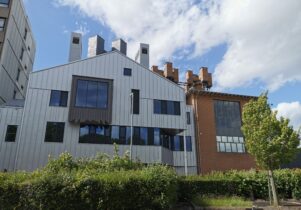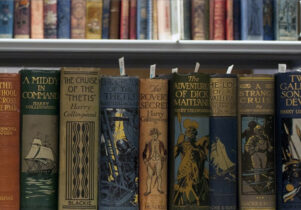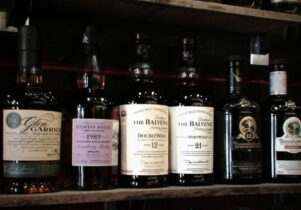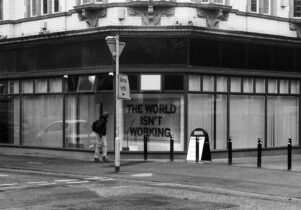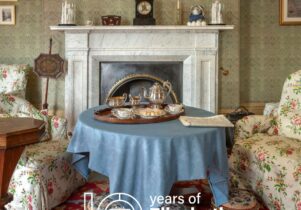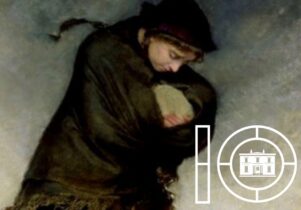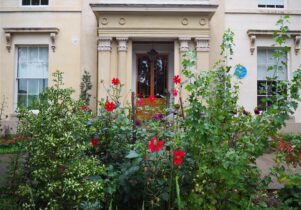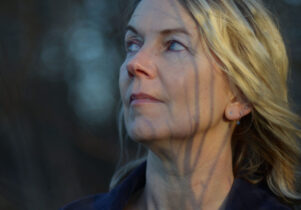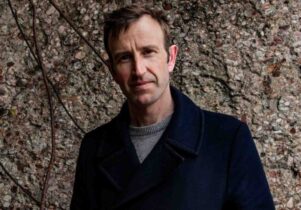The People’s Poetry Lectures: Gillian Clarke at Principal Hotel
Sarah-Clare Conlon, Literature Editor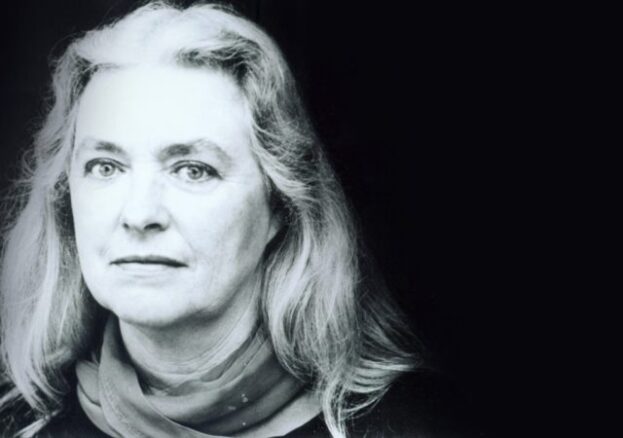
The Manchester Writing School at Manchester Metropolitan University this month launches a brand-new series: The People’s Poetry Lectures.
The talks will feature some of today’s leading writers discussing and reading pieces by their favourite poets, and the inaugural event will hear about Dylan Thomas from former National Poet of Wales Gillian Clarke. She will present her paper Music and Truth – The Sound and Shape of Carmarthen Bay and chat to the school’s Creative Director, Poet Laureate Professor Carol Ann Duffy, about ‘Swansea’s most famous son’. But don’t expect anything too stuffy: we’re told that this will be an informal evening celebrating poetry in the relaxed setting of Manchester’s iconic Principal Hotel, over the road from the school’s home at Number 70 Oxford Road, in the former Cornerhouse building.
Awarded the Queen’s Gold medal for Poetry in 2010 and the Wilfred Owen Award in 2012, and National Poet of Wales from 2008 to 2016, Gillian Clarke’s work has been on the GCSE and A Level exam syllabuses for over 30 years, and she performs her poetry regularly for the Poetry Live! programme, alongside Carol Ann and Simon Armitage. We first encountered her in 2012 at an all-day National Poetry Day Celebration, when she read from her TS Eliot Award-shortlisted collection, Ice, out on Manchester’s own Carcanet Press (Zoology followed just last year; her ninth book with the publishing house).
Her reading back then, part of Manchester Literature Festival, taught us lots about nature (swans mate for life, for example, so if one meets its demise, the other mourns until its own); much about her family and heritage, and even more about the Welsh language and culture, influenced heavily, she explained, by the country’s long coastline.
Gillian lives in Ceredigion, or Cardigan, round the peninsula of Pembrokeshire, as the boat sails, from Carmarthen Bay. It was here, in Laugharne, that Dylan Thomas lived at the Boathouse for the last four years before his death aged 39, prior to which the ‘drunken and doomed poet’ wrote prose such as Portrait of the Artist as a Young Dog, poems such as And Death Shall Have No Dominion and Do Not Go Gentle Into That Good Night, and – perhaps most famously thanks to the booming yet sing-song delivery of one Richard Burton – ‘play for voices’ Under Milk Wood, set in the fictional town of Llareggub (‘bugger all’ backwards), complete with plenty of alliteration, onomatopoeia and other effects no doubt to be mentioned in Music and Truth – The Sound and Shape of Carmarthen Bay.

